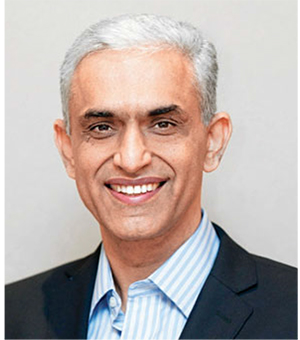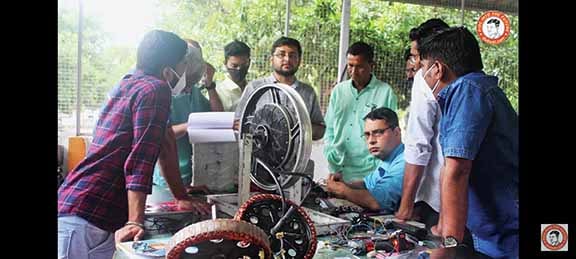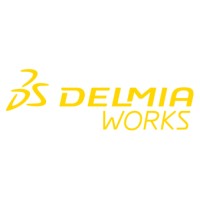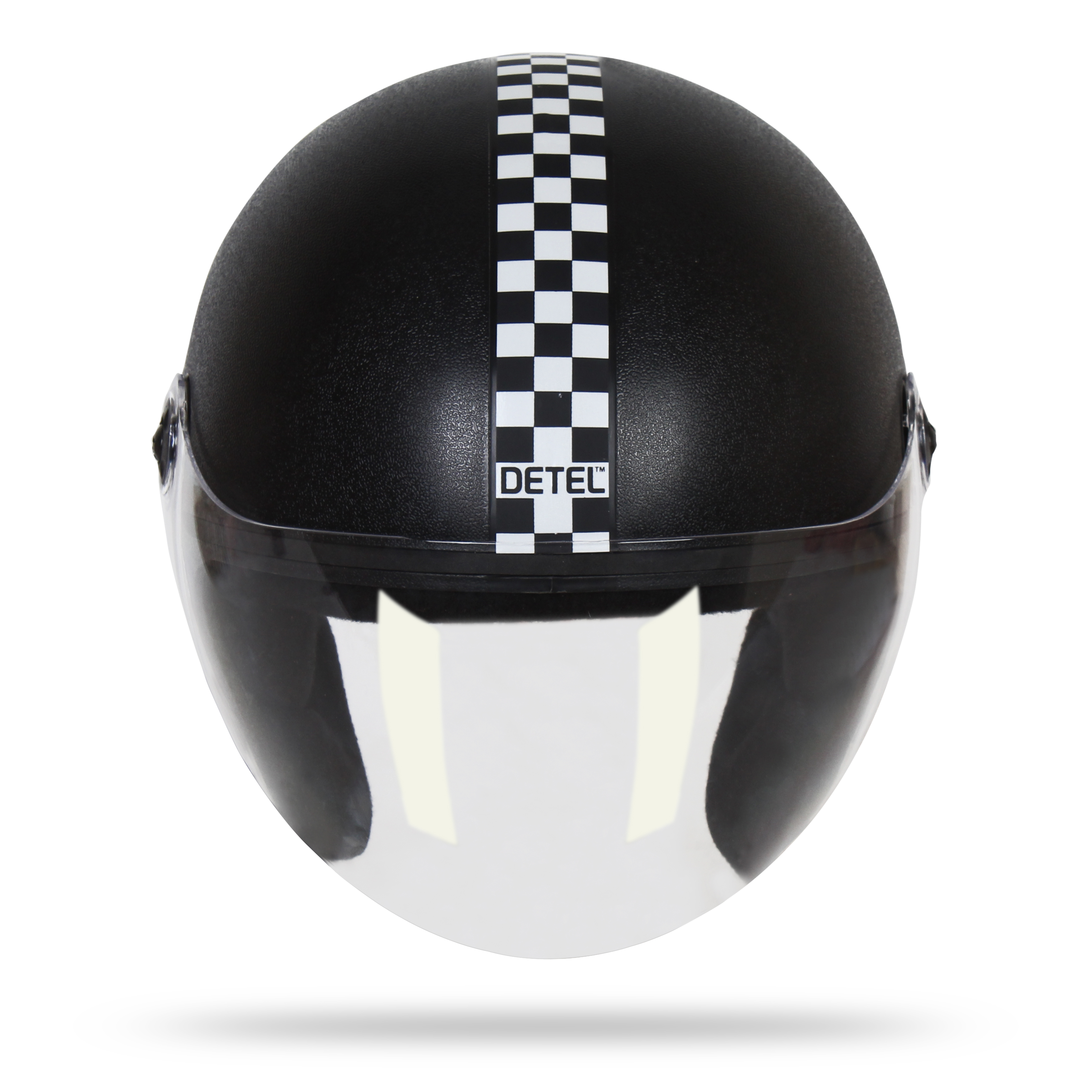 Castrol India, the Indian arm of British lubrication major Castrol Limited, said that it expects personal mobility to contribute more to revenue going forward. Currently, depending heavily on the commercial vehicle segment, the company expects four-wheelers and two-wheelers to come up in a big way for lubrication.
Castrol India, the Indian arm of British lubrication major Castrol Limited, said that it expects personal mobility to contribute more to revenue going forward. Currently, depending heavily on the commercial vehicle segment, the company expects four-wheelers and two-wheelers to come up in a big way for lubrication.
Mr.Ravi Kirpalani, Automotive Director & Chief Operating Officer,Castrol India Limited
“About two-thirds of our sales, at present, come from CV and the rest from personal mobility. However, this ratio is changing,” said Ravi Kirpalani, Managing Director, Castrol India. “The car and bike segment is growing faster than the CV and in next 5 years it might become a 50:50 split. There has also been an increase in sales in the aftermarket for cars but not much for CVs due to the industry situation.” Although the entire auto industry is reeling under a slowdown, impact on the CV segment has been unprecedented. FY-14 saw this segment de-grow by nearly 20%; the effect was felt right down the supply chain, sparing not even allied industries.
The change in focus of the company is evident from the marketing initiatives taken. Castrol recently launched ‘Activ Scooter,’ specifically developed for scooters. Kirpalani said that in India gearless scooters are making a comeback, necessitating need for a separate lubricant as the engines used are completely different from those of motorcycles. Castrol has also shifted its global R&D centre for motorcycle oils to India, so the entire development for oils is done from their centre at Wadala, Mumbai.
The Mumbai-headquartered company is also working on improving visibility in Indian garages. Over the last few years, Castrol has developed a chain of nearly 7,000 garages across India for bikes called Castrol bike zones, and around 1,000 garages for cars named Castrol Pit Stops; it has chosen the best independent garages for training, equipment and their brand. “This has worked in our favour by giving us an outlet for our oils, and also in favour of customers as they are satisfied getting genuine oil with better quality of service,” said Kirpalani.
Another prominent trend that he pointed out with regard to the personal mobility space is the changing mindset and improved awareness about the premium synthetic and semi-synthetic oils. He confirmed, at present almost 30% of their workshop sales are in synthetic and semi-synthetic oils with 12-14% in the aftermarket, which is expected to increase dramatically in the next 5 years. “Governments are putting pressure on companies to reduce emissions. So companies are reducing the size of engines but still want performance. The only way to do that is by using synthetic and semi-synthetic oil. So the demand is driven by customers’ need for more performance, and also by OEMs,” he said.
Castrol, which develops oils for Maruti Suzuki and JCB, manufactures nearly 200 million litres of lubricants at three plants in Patalganga near Mumbai, Silvassa in Dadra & Nagar Haveli and in Kolkata; out of which 85-90% is for automotive and the rest for industrial use.
The company was also one of the sponsors of the T1 Prima Truck Racing Championship held at Greater Noida in March this year. While the company has extensive exposure to European championships and has developed bespoke oils for racing there, in T1 Prima Truck Racing the trucks used off-the-shelf oil RX-8. Kirpalani said the company will wait and watch how the country responds to this form of racing which has happened for the first time in India. “As this catches on, we will certainly work with Tata Motors to develop more bespoke oil for racing,” he said. Castrol, at the R&D centre, is also focusing on developing solutions for hybrid vehicles, which is likely to grow in the near future.
Despite the current hardship in the auto industry, Kirpalani wished to conclude on an optimistic note saying that in the long term India is going to be a very exciting market for lubricants. “There are reasons for this. In the next 5 years, nearly 50 million cars and bikes are going to be sold in India. Trucking, too, has to grow as commercial activity grows, and light commercial vehicles are an area of huge growth, ” he added. ACI
Story : J Srikant

















Leave a Reply